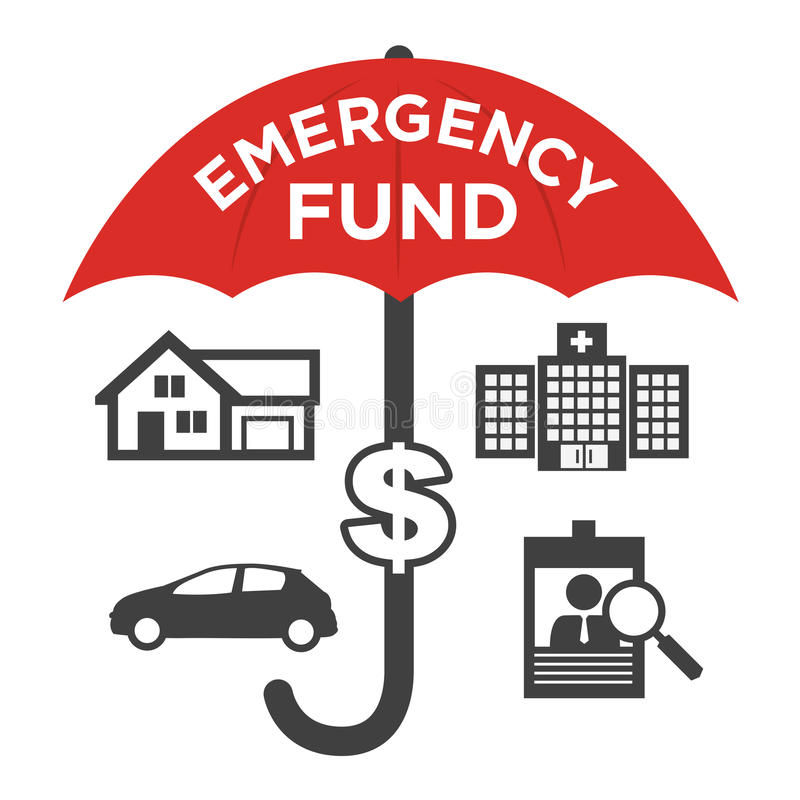
Thispost is covering one out of three main reasons why a person who lives in poverty is paying a higher cost to live than a person/family who are from the middle and upper classes in society.
The three main reasons include fees, interest and quality of purchases.
Let’s get straight into the details and discuss fees in this post.
I’ll be discussing the interest and quality of purchases in continued posts.
When you’re living in poverty, every single dollar makes a difference.
That difference is even further highlighted for example when one family could pay a fee off and forget about it while another family just dug into next month's income losing their chance of catching up or having buying power.
Some fees are needed because of the risk taken on by a company.
For example, banks and corporations taking on a risk to let you do things that you technically wouldn’t be able to do otherwise like having account overdraft protection or extending your monthly payments.
Let’s not play around though. Honestly, ninety-nine percent of fees are bullsh--.
Throughout my childhood, there were more times than I can recount when my mother didn’t have enough money to make it to the end of the week. She would have to overdraft her account or do payday loans to borrow for two weeks against her next paycheque.
Every time she would take out a payday loan there was a $15.00-$25.00 fee per $100 borrowed that she had to pay.
Most individuals or families can take a $25.00 expense, without batting an eye. But, when you’re in a chronic state of poverty that $25.00 would have been part of your rent money or your future pay cheque.
So, in essence, she was in a rock and a hard place again just using funds from her paycheque 2 weeks down the line now.
To add salt to the wound, she now paid the $25 dollar fee and her financial burdens have increased another -$25.00 when she gets her next pay.
You may be thinking how can she avoid these fees?
In reality, she won’t be able to unless she stops using their services.
That’s the reality when you’re living in poverty.

Many investors and financially savvy people will tell you to have about thirty-six months worth of resources saved for emergency situations which depends of course on how much debt you have.
This is not an option when you’re living in poverty though.
To be real with you right now, having an emergency saving should be a personal and financial goal but it’s just not an option for you right now.
So… what are you to do?
1) You need to be extremely anal about your finances
2) Over-organized with documents, notes, bill due dates, etc.…
Personal Case Study - Articulate Tee
I was looking for stories to use as a case study for this post which I found a few but I’d rather give you some real-life bullsh— that I recently stepped into last year while moving apartments.
I had my hydro with one company for four years. When I moved in 2020, the building I was moving into used a different hydro billing company. I, therefore, had automatically become a new customer (no problems there).
The hydro company had not given me my monthly usage in 3 months and decided to charge me at once as well as ambiguous hidden fees that totalled over $246.82, a $200 connection fee on top of my 3 months of hydro totalling only $113.76 ($113.76/3 months = $37.92/month).
I had to call the hydro company and professionally question their sketchy fees and billing processes.
After a forty-five-minute conversation, I walked away with paying my connection fee and three months of service.
That was an extremely hard hit financially for me and I had to use my credit card to pay for that one.
There was no communication about any fees or extra expenses on the company’s part regarding $446.82 that was billed with a 30-day due date to pay in full.
As a low-income individual/family I had to rely on the services of a company to pay my bill while I just dug myself a $313.76 hole than where I was at before.
So, what could I have done to avoid the blow of this emergency expense?
Conclusion
Remember what I mentioned earlier.
You need to be extremely anal and extremely organized.
If you are needing to pay a bill late, have questions about your monthly billing, or discuss payment plans then advocate for your situation with the company.
In my case, I called the hydro company immediately upon getting the bill and questioned their agenda and billing motives. They quickly dropped those fees.
Let companies know your behaviour before they assume you just don’t want to pay your bills. If you go that route, then you’ll need to ask if there are any fees that will be connected to your action.
Their response makes no difference.
All that matters is that whatever was stated verbally is forwarded to you in writing(via email) and a note is added to your account.
This strategy covers your back on the companies side of things. You also cover your own back by defending your credit and name!

Keep all notes in a filing system to be extremely organized about your financial obligations.
- Thanks for reading and stay tuned for parts 2 and 3
- Articulate Tee





Comments